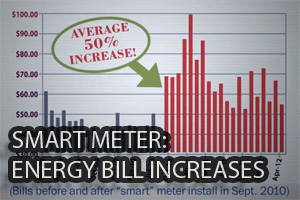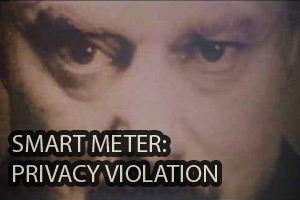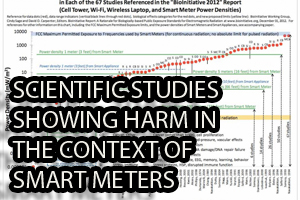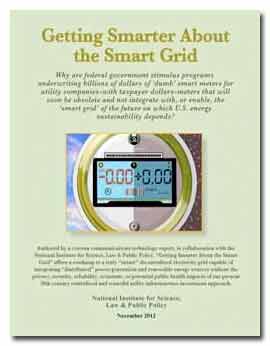Their introduction is set to cost consumers £11bn, but studies show they cut energy consumption by 3% or less – so why is the UK spending so much on rolling out “smart” electricity and gas meters?
That is the question some commentators are asking after it emerged that a key element of the behind-the-scenes infrastructure has been delayed again.
This week the government revealed that, so far, around 3.3m first-generation smart meters have been installed in UK homes. The plan, now looking increasingly ambitious, is that by the end of 2020 around 53m will be fitted in more than 30m homes and businesses. The predicted cost is around £200 for each meter replaced – ie, more than £400 for many households – a sum borne by consumers through increased bills.
For those of you who have so far missed this revolution, smart meters are set to replace every conventional gas and electricity meter in the country. They use wireless technology to allow the energy company to read the meter remotely, and the government has a manifesto commitment to ensure that every home and business is offered one – although you don’t have to say yes.
However, if you’ve already had a smart meter fitted, the bad news is that in many cases if you subsequently switch supplier it could lose all its “smartness” and become just like the perfectly good meter it replaced.
This is just one of the conclusions of a House of Commons science and technology committee report issued last month that expressed reservations about the way the meters and the necessary infrastructure are being implemented.
The report coincided with the Institute of Directors attacking the rollout for being too complex and costly. It called on the government to urgently review the benefits of going ahead with the roll-out, which looked “very unlikely” to meet its 2020 target.
















